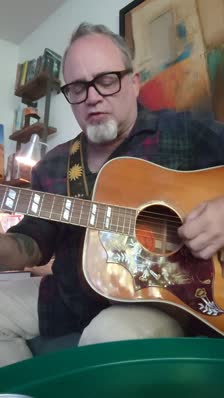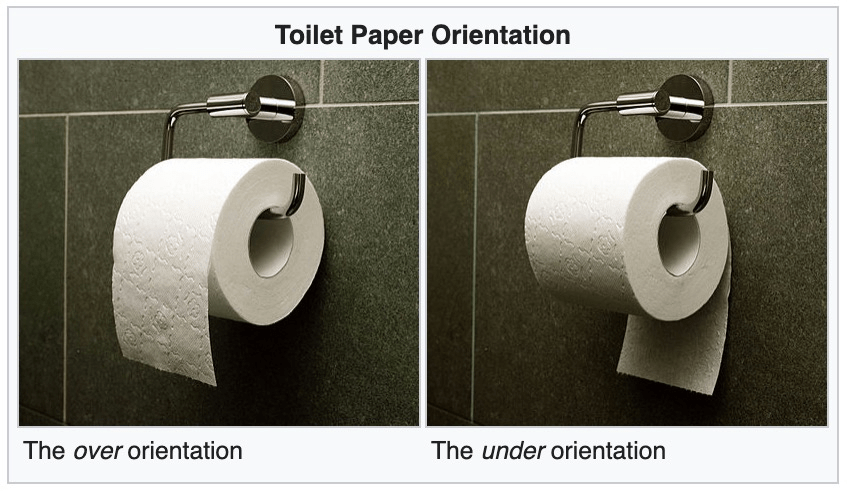Good morning, everyone! Welcome, parents, teachers, and dignitaries, to the Symposium on World Education here at the United Nations. I am delighted to be here and honored to have been chosen as your key-note speaker. My remarks today address the topic of transcendental violence in education, which is one of Jacques Derrida’s old ideas. If you’ve never heard this phrase before, I implore you not to be alarmed. It’s not what you think.
My remarks are in the form of a poem so I humbly ask for your indulgence. It is called “A Transcended You.”
According to dear old Derrida,
Education is violent,
In a transcendental way.
But what does that mean?
Is it a violation of sovereignty?
A hard punch in the primacy?
Not really.
It means that learning,
Is not meant to be leisurely.
We educators promise,
Not to leave you broken,
Bruised, and bloody.
But you may feel a slight pinch,
When we grab you by your detached brain,
And reattach it using gentle, illuminating
Benevolent violence.
We’re going beat back your passiveness,
And ambush your apathy,
We shall invade your ignorance,
Infiltrate your indifference,
And shine the light of knowledge,
On your dispassion.
You may be disturbed, disoriented,
And a little lightheaded.
As you lift up into the light of learning.
But you will be okay.
And you will still be you,
Forever and always, uniquely you.
But an ascended you.
A transcended you.
Thank you very much for your kind attention.

